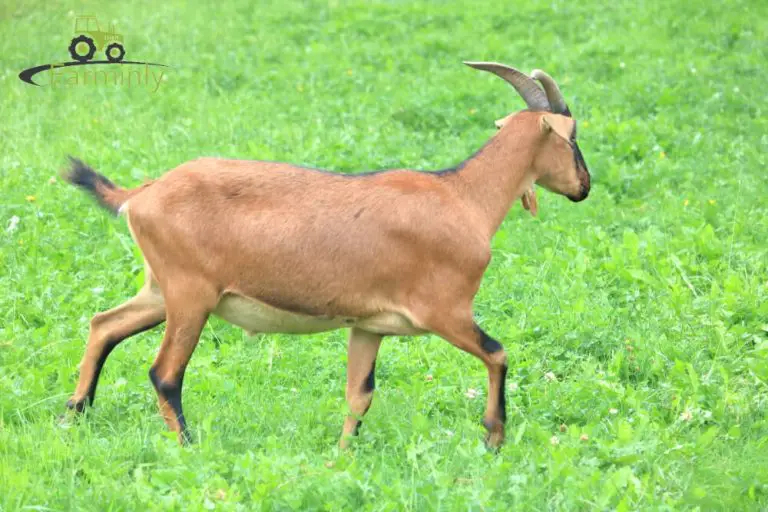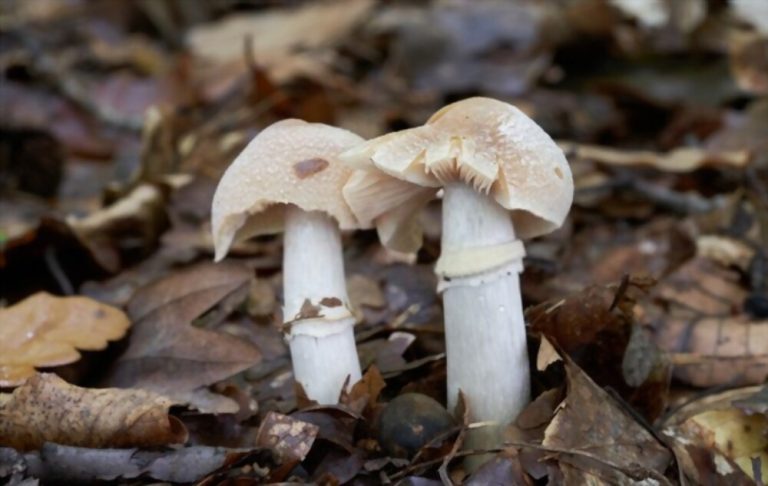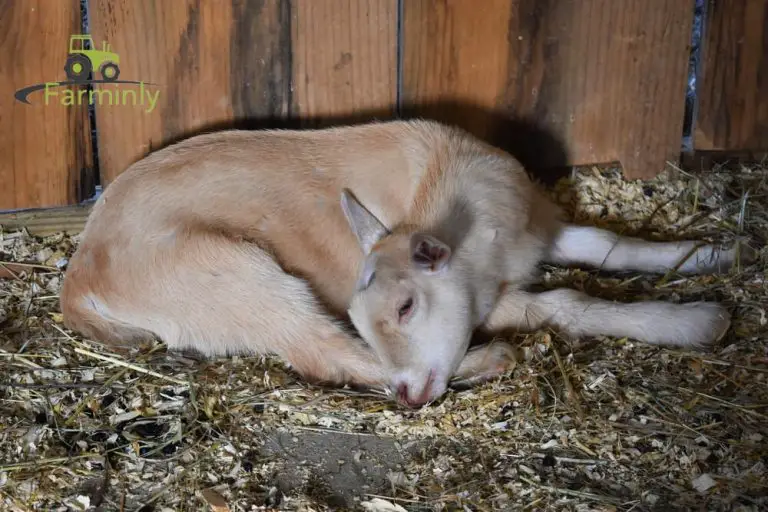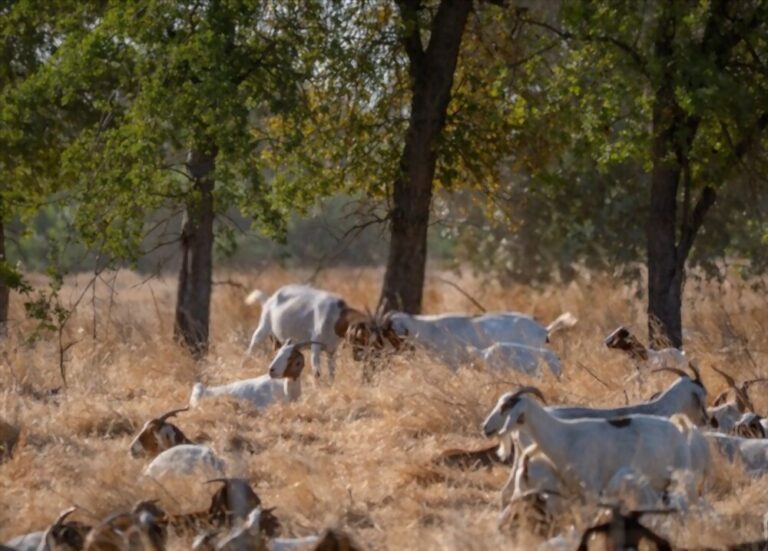Goats have been domesticated for centuries, and their contribution to the world of animals is unmistakable. Have you ever wondered if goats lay eggs? The answer to this curious and age-old question is quite simple: No, goats do not lay eggs. Goats and most livestock, like cows and sheep, are mammals.
If you’ve ever been curious about whether or not goats lay eggs, then you’re not alone. The truth is goats cannot produce them as chickens do. In this article, we’ll look at the reproduction of goats and every other thing you need to know about them.
Why Can’t Female Goats Lay Eggs?
Goats are mammals, not birds or reptiles, and as such, they do not possess the anatomy or reproductive system needed to produce eggs. A goat’s uterus consists of two uteri, or horns, with a small pupillary aperture connecting them. A concept quite far removed from the bird’s single, oval-shaped eggshell.
Mammals reproduce sexually; female mammals, including goats, produce milk to nourish their newborns. During a sexual reproductive cycle, ovulation and fertilization lead to an embryo’s development, and a female mammal will carry it in her uterus before giving live birth.

Females of egg-laying species, such as chickens and turtles, produce eggs in their oviducts. These eggs contain one or more fertilized cells, and females of the species will lay these eggs and then incubate them until they hatch. This process is quite different from the reproductive cycle of mammals.
Goat Reproduction And Development
Like other mammals, goats reproduce sexually, and the female reproductive system consists of two ovaries, two uterine horns, and several other related anatomical parts. Once a goat is impregnated, its pregnancy typically lasts five months and culminates in delivering one or two young.
The birth of the young is followed by the production of colostrum, or “first milk,” which provides the newborns with essential antibodies and vitamins. The newly delivered goat kids will stay with their mother for several months and feed off the milk periodically throughout the day.
What Animals Lay Eggs?
Most animals are known for giving birth to live young, though some creatures lay eggs! This behavior, known as oviparity, is common among many species, from fish to birds and reptiles.
Moreover, although goats don’t lay eggs, many other animals do. Chickens, ducks, geese, quail, turkeys, and the native North American wild turkey can all lay eggs.
Reptiles such as snakes, lizards, and turtles produce eggs, along with some fish, insects, and amphibians. Even some mammals, such as the platypus and echidna, lay eggs. Let’s have a look at a more concise explanation of them.
1. Fish
Many fish, including carp, herring, bream, sturgeon, cod, and salmon, are oviparous. Though the process varies depending on the species, most fish lay their eggs externally, attaching them to objects in the water. The female fish deposits her eggs into the water and then leaves them. The male may then come along to fertilize them.
2. Birds
Birds are well known for their egg-laying behavior. The wide variety of avian species lay eggs differently depending on their needs.
Typically, most species build a nest and then lay their eggs, although some birds of prey, such as hawks, typically lay their eggs in nests. Some species lay their eggs where they are most likely to survive, such as in warm and humid areas. As with birds and fish, you must also incubate reptile eggs.
3. Reptiles
Reptiles, including alligators, crocodiles, snakes, lizards, and turtles, lay eggs. As with birds, mother reptiles typically lay their eggs in nests, although some species lay their eggs where they are most likely to survive, such as in warm and humid areas. As with birds and fish, you must also incubate reptile eggs.
4. Insects
Insects such as bees, ants, and beetles are also oviparous creatures. The eggs of insects are generally laid in environments where they are most likely to survive, such as on leaves or in soil. The eggs of some species, such as bees, may also be laid by a queen bee, who will then incubate them until they hatch.
5. Monotremes
Monotremes are a particular mammal classification comprising the platypus and the echidna. Unlike most other mammals, these animals are oviparous and lay eggs. The mother incubates the eggs, which hatch after an incubation period of about ten days.
These are just a few of the animals that lay eggs. But, no matter the type of creature, egg-laying is an exciting and unique behavior that helps many species survive and thrive in the wild.
Do Goats Produce Milk?

However, goats produce something else of great value to humans: milk. Goats give milk, and you can use the milk from goats to make various products such as cheese, yogurt, butter, and even ice cream.
This nourishing liquid is an excellent protein, calcium, and vitamin A source, which you can use for kefir and other food items. Additionally, goats are great providers of fiber-rich, low-fat meat and leather.
Some of the most popular cheeses made from goat milk are feta and chevre. Goat milk is thought to be easier to digest than cow milk and is perfect for lactose-intolerant people.
People and Goats
Goats are essential animals to humans. They are a genuinely versatile species, from providing us with their milk and meat to their valuable hide. One thing they need to give us, however, is eggs. Goats are mammals and, therefore, lay no eggs.
In addition, humans have kept goats since time immemorial and continue to use them as an essential source of food, fiber, and fuel. Interestingly, goats also provide companionship, entertainment, and many other benefits to people. No matter the reason, humans still can’t make goats lay eggs!
Goats are fascinating animals capable of doing many things, but unfortunately, they don’t lay eggs. If you’re looking for a source of eggs, you’ll need to turn to chickens, ducks, geese, or one of the other animals that can produce them.
However, goats are excellent producers of milk, making them an ideal animal for those who can’t consume dairy products made from cow milk.







